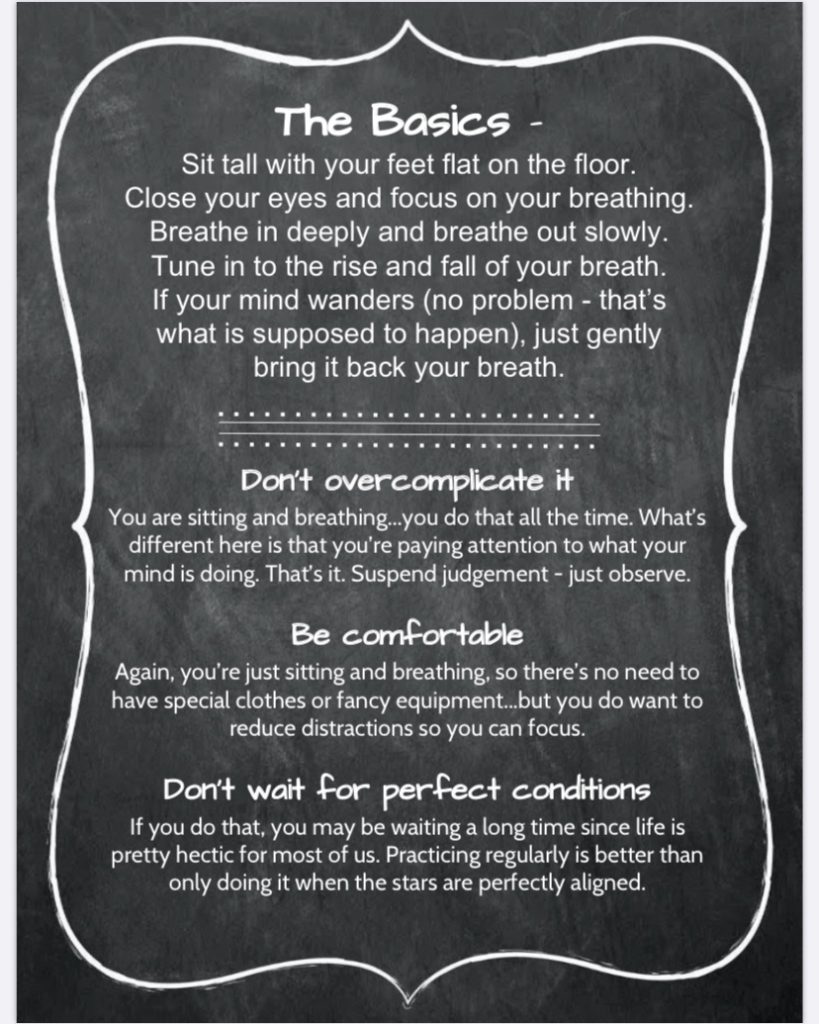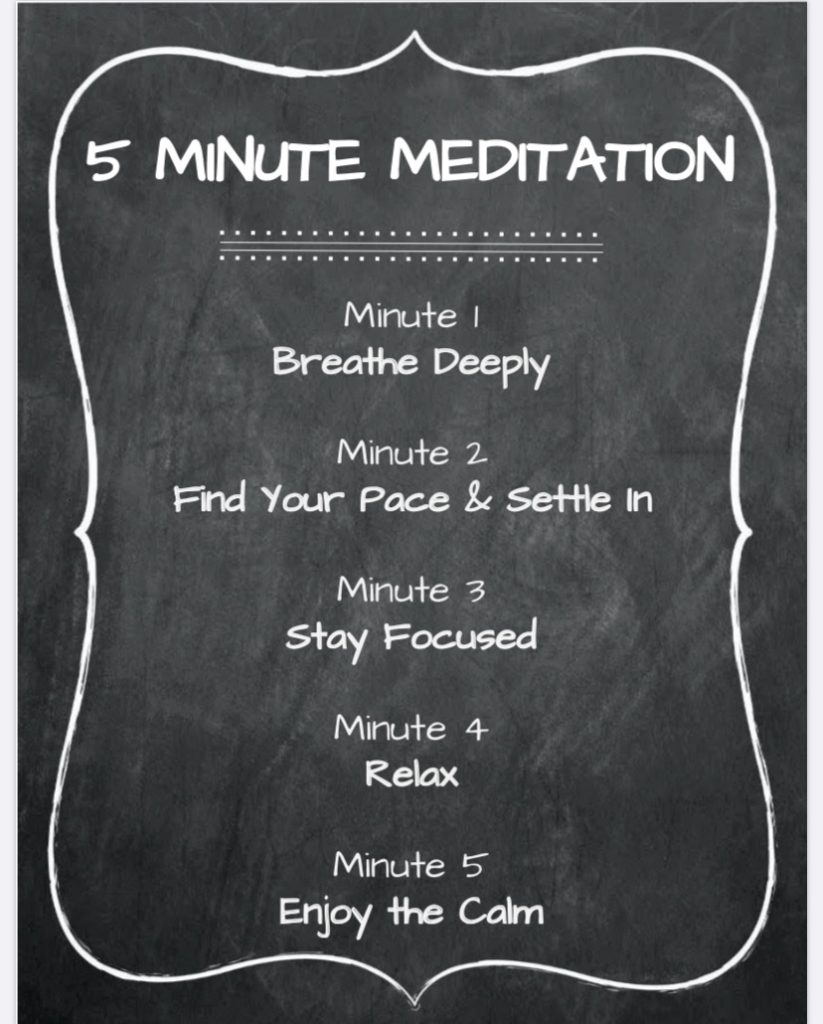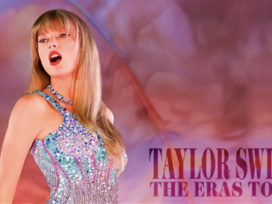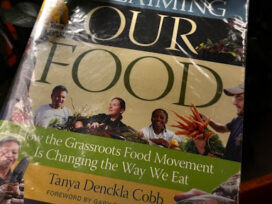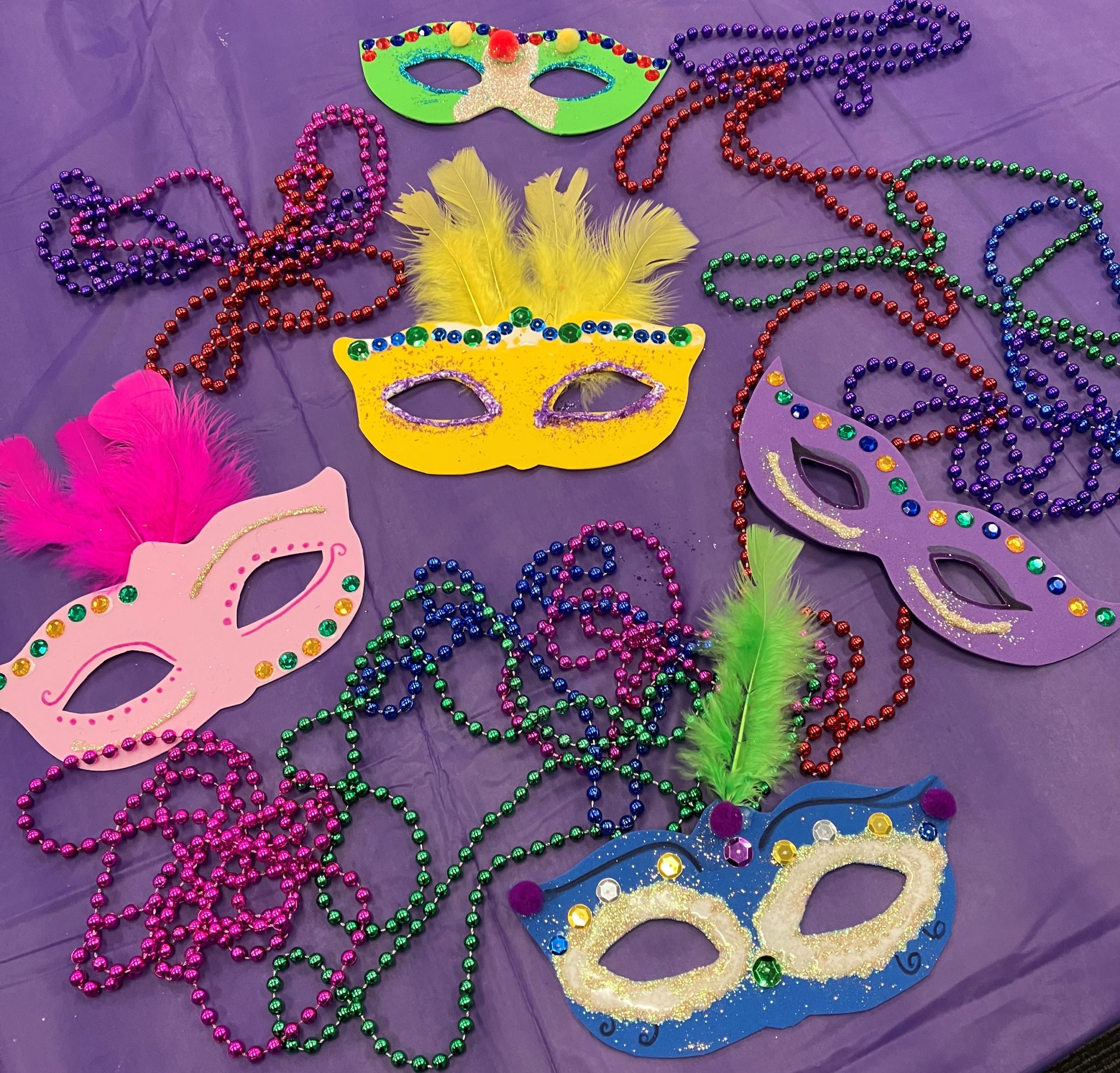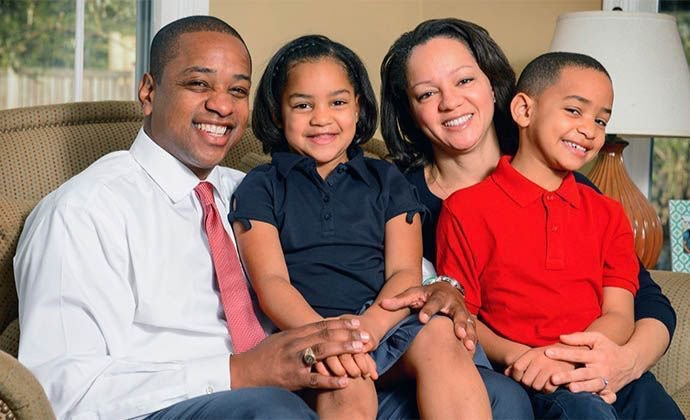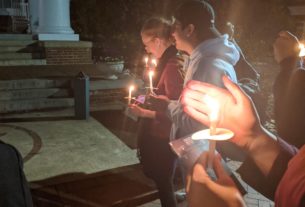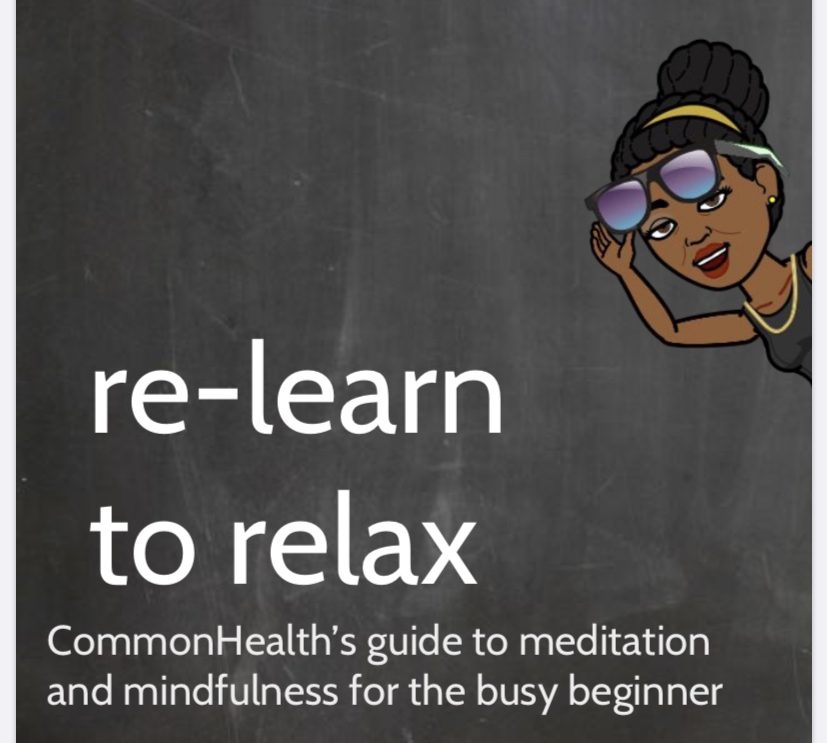
Remembering the Basics: Re-Learning to Relax
On Oct. 27, from 12:30-1:30 p.m., Human Resources Analyst Takésha Ellis hosted a talk in the series of Lunch & Learn events titled “Relearn to Relax.” The meeting was held virtually over Zoom, with CommonHealth representative Kelsey Harris as the guest speaker. At the start, a handful of people were present, but nearing the end the group had grown to six participants. Although the talk was presented with the intention of relieving stress around the election, Harris explained that the tips presented can be applied to any situation where stress is involved and began the presentation by emphasizing the importance of relaxing.
“It’s important that you find a way to make space for yourself,” Harris said. “There are a million things we have to do. Let’s relearn to relax by disconnecting from time to time.”
First, Harris addressed day-to-day life. While overwhelmed with things like work, family, and chores, it seems as if we can never catch a break. Harris stressed the importance of taking a break from time to time simply to breathe to prevent a complete burnout. However, this can be challenging, especially for those that struggle with the need to be productive at all times. Harris addressed this by explaining how taking the time to relax is more beneficial than it seems and every second does not have to be filled with “doing something productive.”
“A lot of times we associate monotonous things to productivity,” Harris said. “It’s okay to have a minute to sit still.”
According to Harris, one of the best ways to relax is to meditate. She described the benefits of meditation, such as reduced anxiety, better memory, improved focus, and a healthier brain in general. This in turn helps to reduce chronic pain, control weight, and improve sleep. Although this sounds great, many shy away from meditation because of how difficult and spiritual it seems. Harris explained that meditation is actually a lot easier than it appears and just taking 5 minutes to meditate is greatly beneficial. She explained that to meditate, all you have to do is “think about what you’re thinking about.”
“Meditation is just a moment to yourself,” Harris explained. “It’s a way to interpret things, process them, and let them go. This is about prioritizing self-care, prioritizing meditation.”
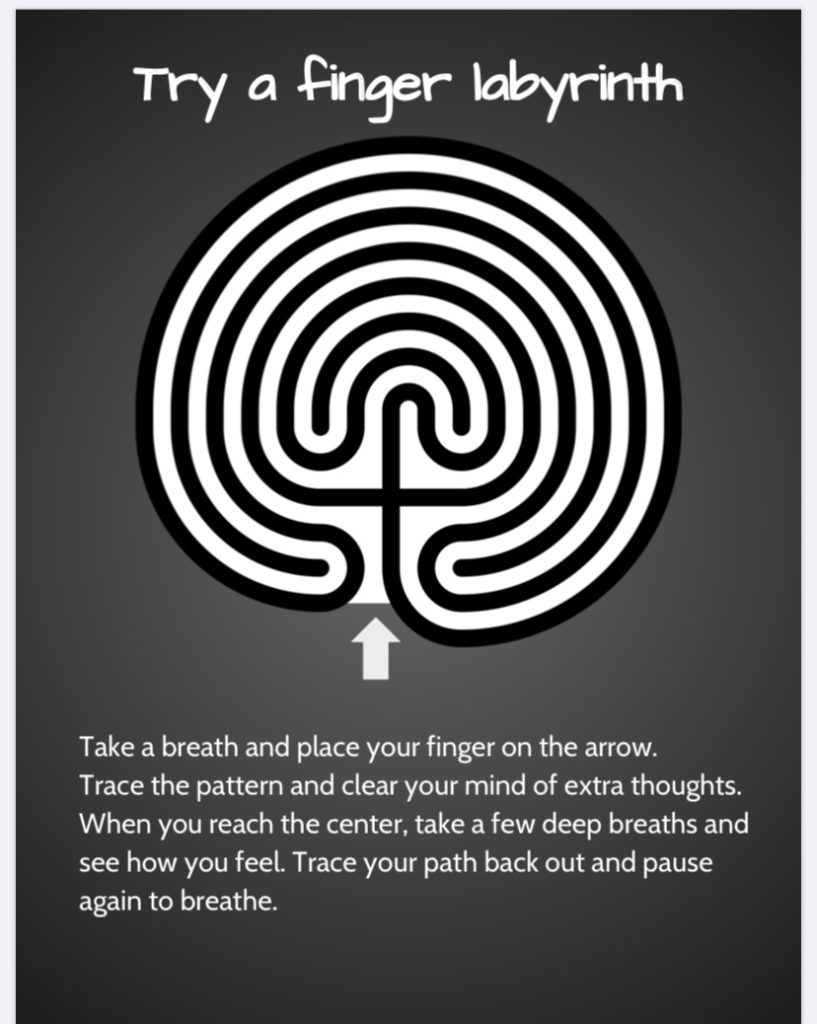
Just as taking a break to meditate and relax is crucial, so is eating. Harris said people tend to rush through their meals, seeing it as a necessity that takes away from time that could be spent doing something productive. This increases the chances of overeating and feeling sick afterward. Harris explained that by taking the time to slow down and enjoy a meal, these health risks are reduced drastically.
“Enjoy and relax while eating to avoid unhealthy eating habits,” Harris said. “Taking a moment to enjoy a meal is very helpful toward relearning to relax.”
Water is just as important as food, if not more. Harris explained that not only is it important to stay hydrated, stepping away from work to get a glass of water can be refreshing for the body and the mind.
“Water has the ability to keep you cool, reset you, and keep you hydrated,” Harris said.
Another great way to eliminate stress is as easy as stepping outside. Especially during quarantine, being stuck inside starts to take a toll on the mind. By simply getting outside and taking a short walk to get some fresh air, both physical and mental health are improved greatly. Harris explained that meditation can be coupled with walking and focusing on each step helps to quiet the mind down and increases the benefits of being outdoors.
“It’s something about the atmosphere,” Harris said. “You go outside, you take a deep breath, and it greatly reduces your stress.”
Sleep is vital to relaxation, yet it is often neglected. Harris stressed how important it is to work out a sleep routine that maximizes the amount of sleep we get and to make sure we get the most out of our rest. From unhealthy sleep routines to all-nighters, it can be difficult to get the amount of sleep required to function properly. Harris offered tips to accomplish this, such as avoiding caffeine later in the day, keeping water by the bed at night, and listening to relaxing noises while falling asleep.
“[Sleep has] been painted as a luxury but wrongly so,” Harris said. “It is vital to your health.”
The last topic of the presentation was on cell phones, the biggest distractor in daily life. Studies have shown that people, on average, check their phones 80 times a day. However, rather than simply encouraging less screen time, Harris saw it as an opportunity to use phones to help us be more mindful and relaxed. By silencing all but the most urgent of alerts, the constant buzzing and checking of phones can be reduced to a few intervals of checking and responding to important messages. On top of this, Harris listed several apps that are designed specifically to reduce stress and encourage healthier lives. These apps include Headspace, Calm, and MyStrength. Even simple features like alarms can be greatly beneficial. Harris described the system that she worked out using her phone to set break times for herself throughout the day.
“I like to set alerts on my phone to tell me when to take a break,” Harris said. “I make sure I never cheat myself out of that “me time.” It’s gotten to the point where I can feel when it’s almost time for my break without even looking at the clock.”
After playing a video on meditation and taking a moment to practice meditation techniques, Harris ended the presentation with a powerful quote from her father, which she shared with the group as a final note, emphasizing the importance of self-care.
“You can’t pour from an empty cup,” Harris said. “You can’t help others if you have nothing to give.”
For more information, check out the Re-Learn to Relax Booklet and the CommonHealth website or email at wellness@dhrm.virginia.gov. For more information about future Lunch & Learn events, contact Takesha Ellis at tellis@pvcc.edu.
